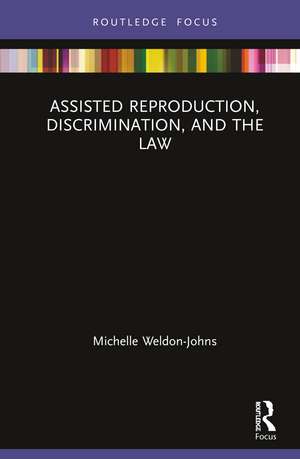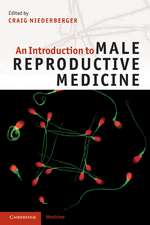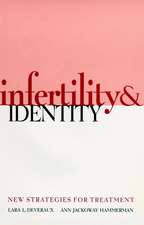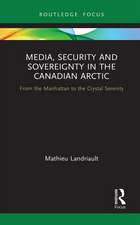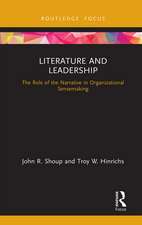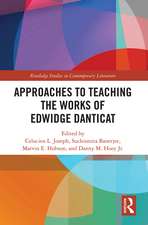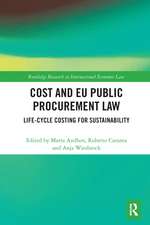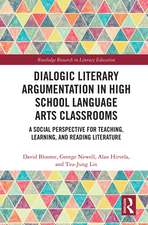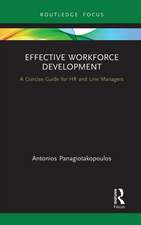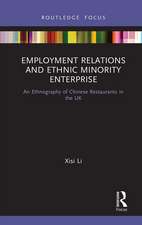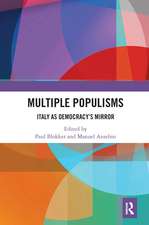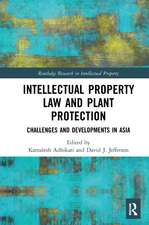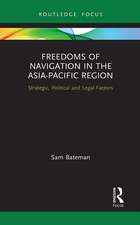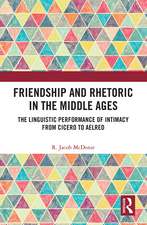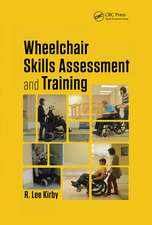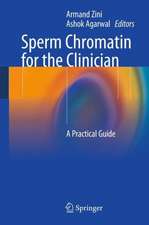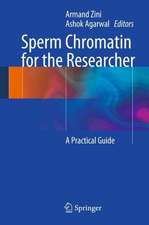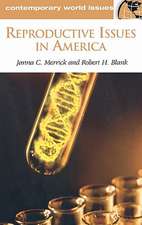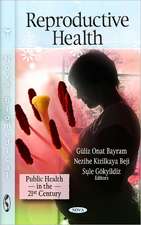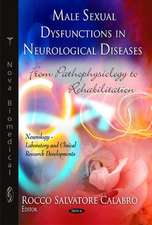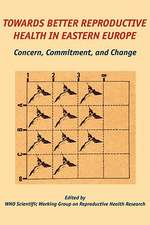Assisted Reproduction, Discrimination, and the Law
Autor Michelle Weldon-Johnsen Limba Engleză Hardback – 8 oct 2019
| Toate formatele și edițiile | Preț | Express |
|---|---|---|
| Paperback (1) | 186.83 lei 6-8 săpt. | |
| Taylor & Francis – 13 dec 2021 | 186.83 lei 6-8 săpt. | |
| Hardback (1) | 462.22 lei 6-8 săpt. | |
| Taylor & Francis – 8 oct 2019 | 462.22 lei 6-8 săpt. |
Preț: 462.22 lei
Nou
Puncte Express: 693
Preț estimativ în valută:
88.44€ • 92.59$ • 73.18£
88.44€ • 92.59$ • 73.18£
Carte tipărită la comandă
Livrare economică 05-19 aprilie
Preluare comenzi: 021 569.72.76
Specificații
ISBN-13: 9781138610040
ISBN-10: 1138610046
Pagini: 146
Dimensiuni: 138 x 216 x 15 mm
Greutate: 0.29 kg
Ediția:1
Editura: Taylor & Francis
Colecția Routledge
Locul publicării:Oxford, United Kingdom
ISBN-10: 1138610046
Pagini: 146
Dimensiuni: 138 x 216 x 15 mm
Greutate: 0.29 kg
Ediția:1
Editura: Taylor & Francis
Colecția Routledge
Locul publicării:Oxford, United Kingdom
Public țintă
PostgraduateCuprins
1. Introduction; 2. Current conceptions of equality and the limitations for those involved in assisted reproduction; 3. Conceiving a more social model of disability: infertility as disability; 4. Conceiving a new interpretation of pregnancy and sex discrimination: redefining the boundaries; 5. A right to time off work to undergo ART treatments; 6. Conclusions
Notă biografică
Dr Michelle Weldon-Johns is a lecturer in Employment Law at Abertay University in Dundee. Her specific research interest is the boundaries between work and family life from UK and EU employment and equality law perspectives. Her research focuses on gender equality and the work-family conflict, particularly from the perspectives of working fathers and atypical working families. She has also written on the potential implications of Brexit for Scotland in the employment and work-family context.
Descriere
This book argues that new conceptions of equality are necessary. Drawing from the literature on multidimensional and intersectional discrimination, it argues that an intersectionality approach offers a more useful analytical framework to extend protection to those engaged in ART treatments.
